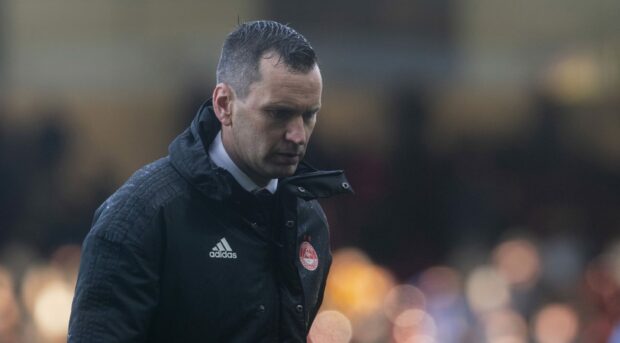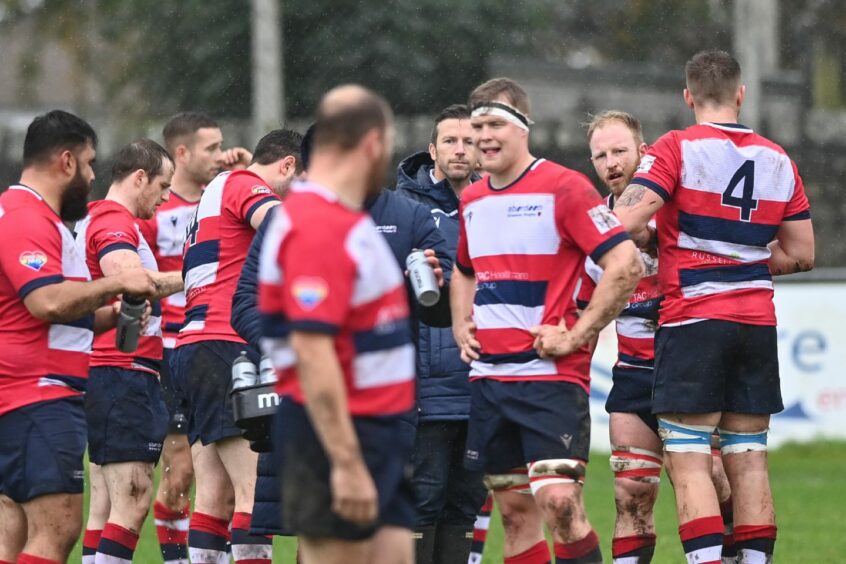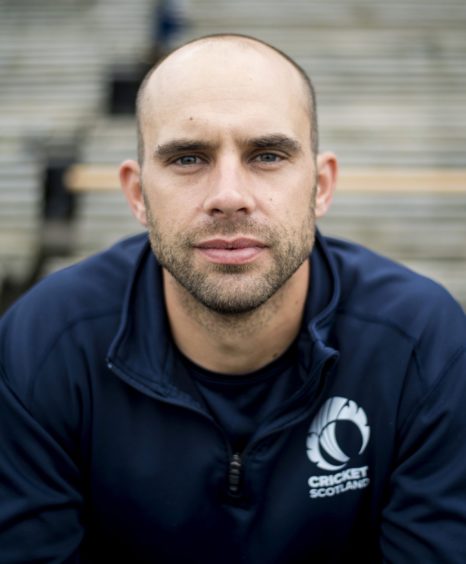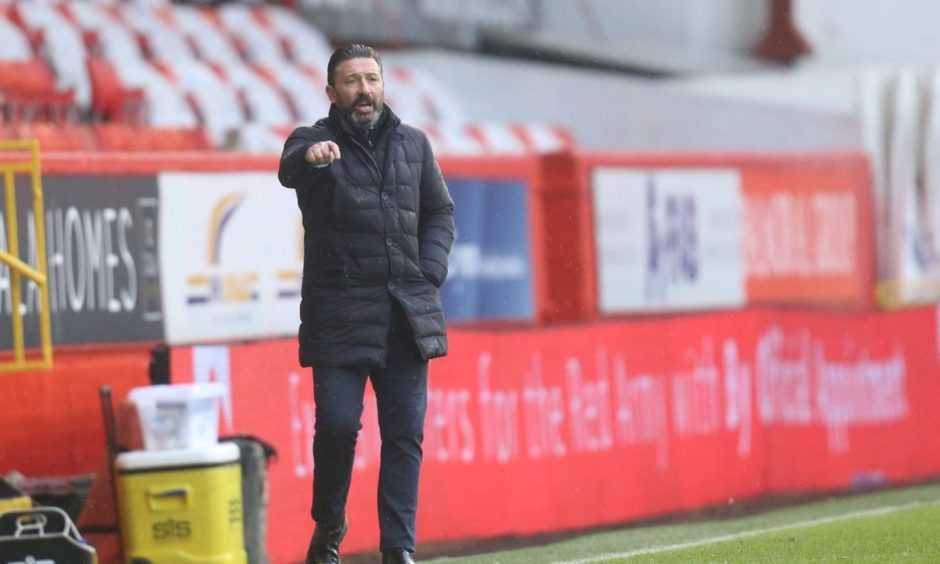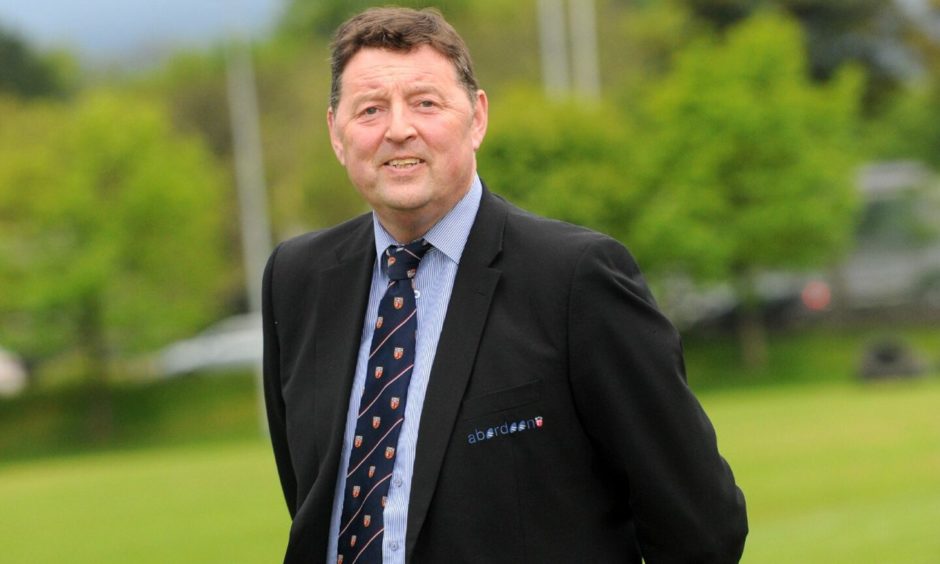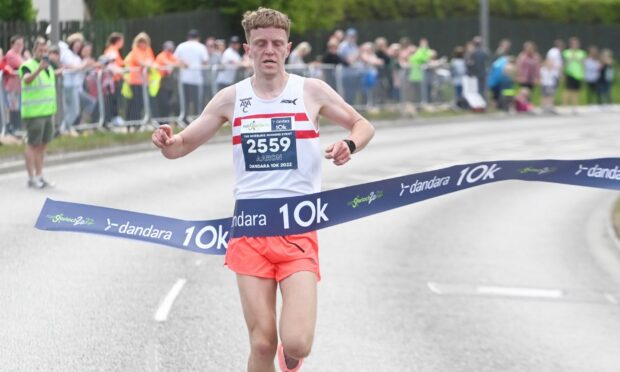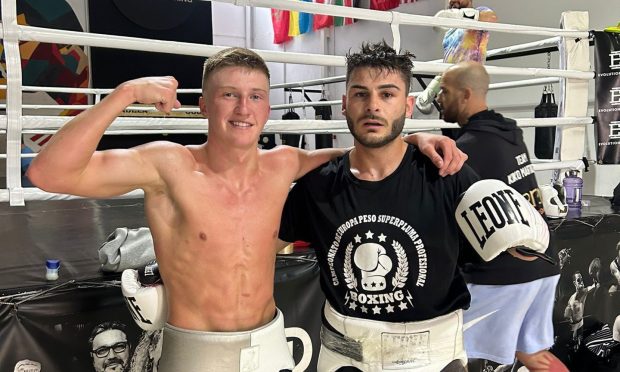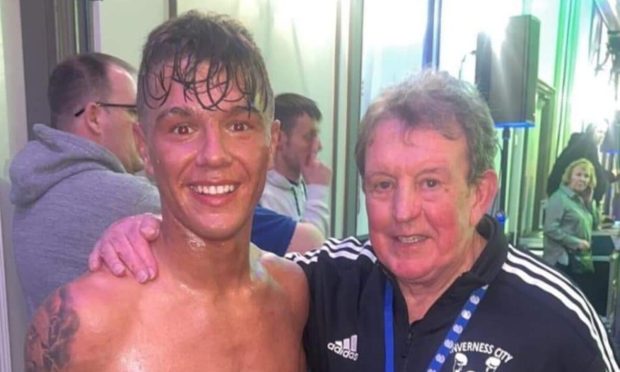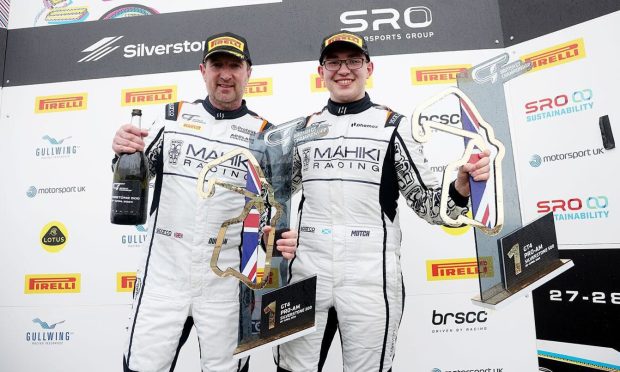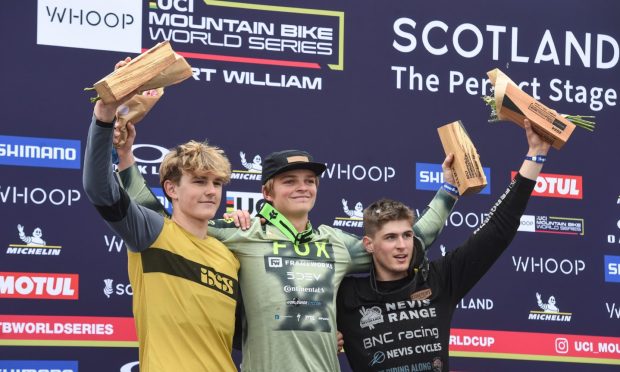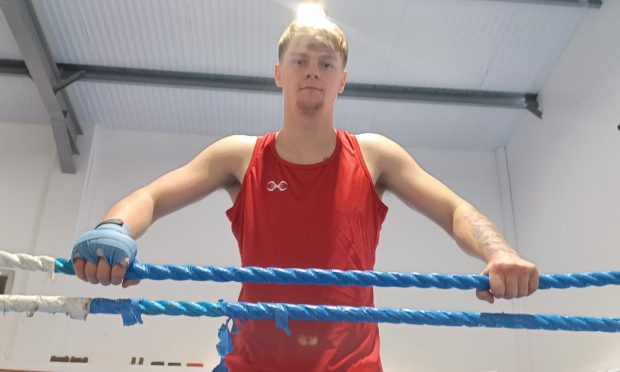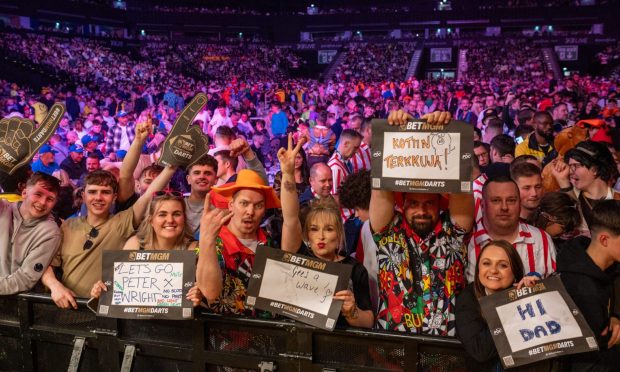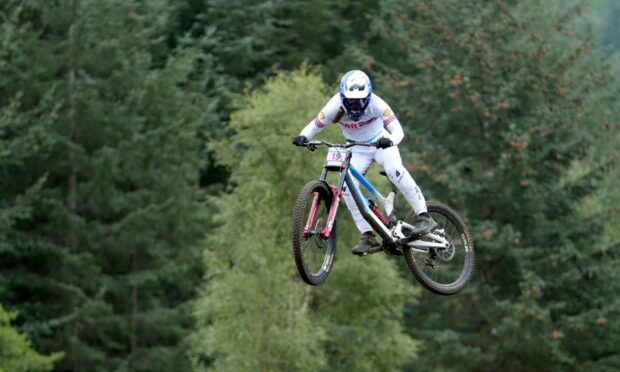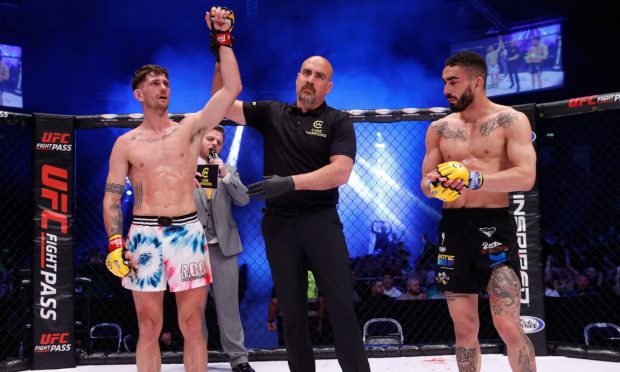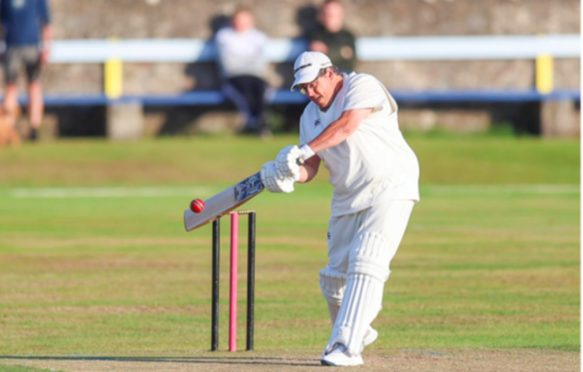Another weekend, another story of disappointment for the Granite City’s sporting representatives in football and rugby.
While most of the international focus in the latter pursuit was focused on Scotland’s feckless and error-strewn performance in the Six Nations against Wales – they might as well erect a sign saying “Abandon Hope All Ye Who Enter Here” whenever the Scots travel to Cardiff – the city’s leading club was quietly being relegated from the Premiership in the Borders.
It has been a wretched season for Aberdeen Grammar, who seem to have suffered every conceivable problem, from Covid to injuries, and it was entirely predictable that they would drop down to the second tier.
Yet, while one might have sympathy for them in having to deal with a lack of experience and numbers, it’s tempered by the realisation that they have been headed in this direction for several years, following a pattern which has been replicated by their cricket counterparts at Mannofield.
Aberdeenshire, the club which was one of the dominant forces in the domestic structure, and captured a national title as recently as 2014, also slipped down to the second tier in 2019 and are still there.
Obviously, nobody could have predicted a global pandemic, let alone the cancellation of almost the whole sporting calendar in 2020, but Shire had the opportunity to return to the top table last summer and couldn’t take it.
These are Aberdeen’s principal organisations in their respective sports, just as the Dons are in football. Yet, following the sacking of Stephen Glass, Pittodrie aficionados are rightly concerned about the deteriorating fortunes and are apprehensive about tonight’s SPFL contest against St Johnstone.
I’ve often wondered about how some players can be wonderful one afternoon and woeful the next. But inconsistency isn’t the only issue which has blighted Aberdeen FC’s campaign, nor undermined their cricket and rugby counterparts. There’s also a sense of complacency, which has developed from decades of not having any real opposition in the city where they are based.
Of course, Aberdeenshire are rivals with Stoneywood-Dyce and Gordonians and the latter’s rugby contingent work in tandem with Aberdeen Grammar, while there are several other clubs across the north-east which have carried out sterling work at the grassroots, often without the recognition they deserve.
But the reality is that the “Big Three” – Grammar, Shire and Aberdeen FC – have been the places which routinely command the bulk of attention, support, media focus and sponsorship money.
While the oil revenues were flowing in the 1980s and through to the millennium, there was no thought that the well would run dry one day, but it has happened with a vengeance and we are seeing the consequences.
There have always been difficulties in attracting players to the region, or keeping them here. And it’s true that, in cricket, aspiring players are often encouraged to relocate to the central belt to “further” their careers, no matter how much they might cherish their local connections.
It happens in the oval-ball sphere as well, but even so, it’s remarkable that Aberdeen Grammar’s director of rugby, Gordon Thomson, admitted: “We had 22 of our first-team squad missing today” when they were thrashed 59-3 by Hawick at Mansfield Park on Saturday. He even added: “Given the situation, I thought we performed pretty well”.
Obviously, Aberdeen isn’t the only place to be grappling with shrinking participation numbers and sport, in general, is having to confront a scenario where youngsters have other things on their mind, whether it’s hunting jobs, trying to arrange a mortgage or finding the means to pay for further education. Considering inflated property prices and rental costs, it’s hardly surprising that few Scots from outwith the area can afford to move north.
But none of this adequately explains why these leading clubs are struggling so badly at the current time. I’ve always thought that healthy competition was a positive motivating force in sport as in business, but there’s precious little of that in evidence in Aberdeen, where there is only one senior football club, unlike the scenario in Dundee, Edinburgh and Glasgow.
In cricket, the two main cities have a wealth of rugby and cricket clubs, who are constantly challenging one another and pushing others on. It can lead to feuds and bad blood and occasionally unhealthy rivalry, but, for the most part, it spurs everybody on. There’s no resting on laurels and nobody arguing “we’re too good to get relegated, allied to a fear of failure which counters the threat of apathy or taking success for granted.
Rivalry still a feature of rugby
It was significant that Grammar’s relegation was sealed in a part of Scotland where rugby is still etched in so many small communities from Hawick and Galashiels to Selkirk, Jedburgh and Melrose; Border towns and villages where there is nowhere to hide if you don’t offer 100% every single time you walk on to the field wearing the jersey.
Hopefully, Thomson will help spearhead his club’s return to the Premiership in the next couple of seasons and the same applies to the cricket club, which has established a long-term plan through to 2030. Hopefully, the Dons will start climbing upwards and find a worthy successor to Glass.
But there’s a debate worth having here and I would argue that sticking with the status quo isn’t an option if Aberdeen wants to move forward.
